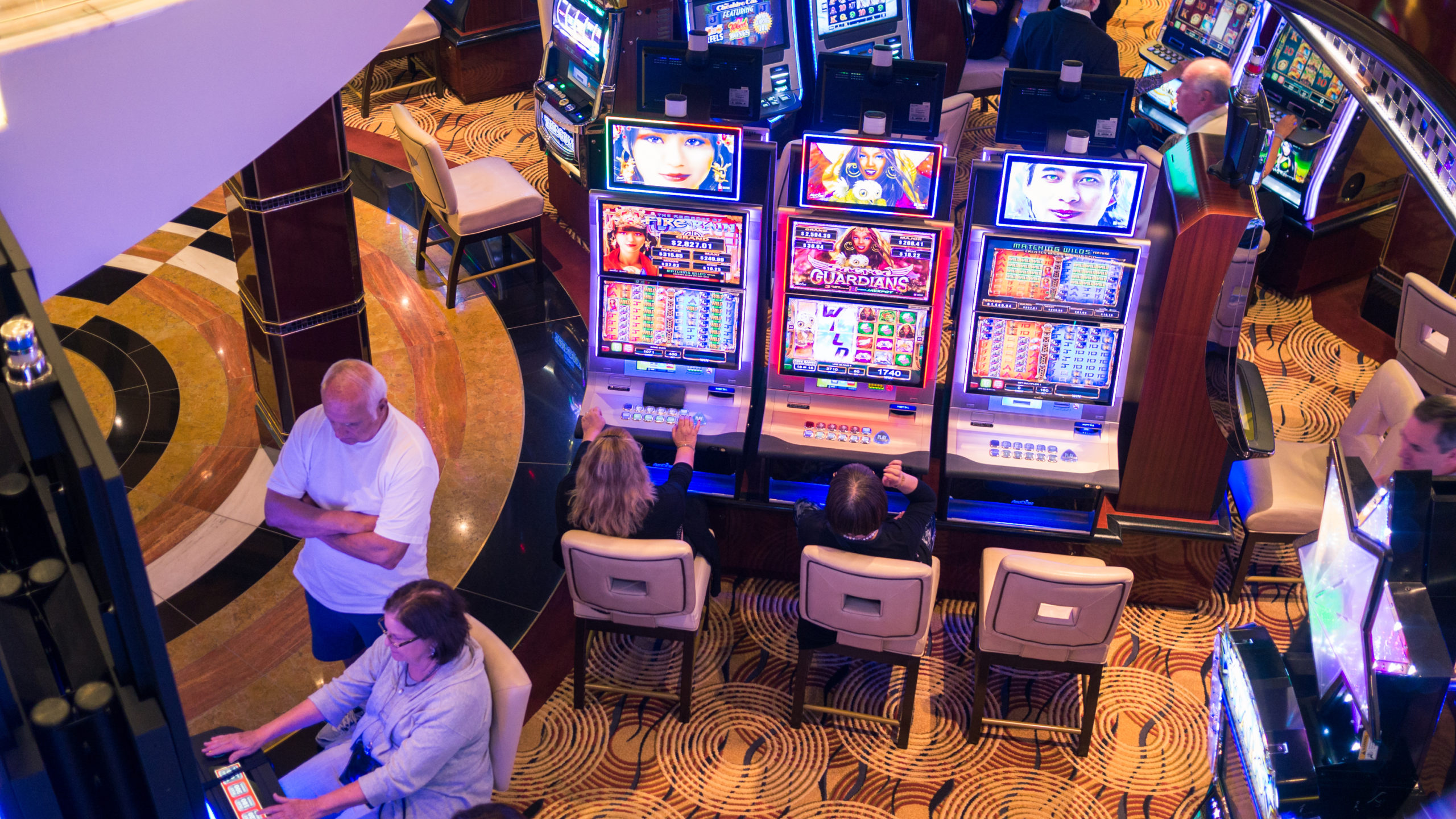
Casino experiences have long captured the interest of humans around the globe, becoming an essential part of both fun and society. From the glimmering lights of Las Vegas to the captivating experience of online gaming, these experiences evoke excitement, danger, and sometimes even a sense of remembrance. They are not just just pastimes; they have woven themselves into the fabric of human experience, influencing various aspects from cinema and songs to clothing and books.
The allure of casino games surpasses the wagering aspect, tapping into wider themes of serendipity, chance, and psychology. As players assemble around a gaming table or spin the wheel of fortune, they engage in an timeless ritual that connects with our communal desire for adventure and unpredictability. 33win68 This fascination has led to the rise of countless references in films, songs, and gaming, showcasing how deeply entrenched these games are in pop culture. Whether it is the high-stakes tension of a traditional heist movie or the vibrant nightlife portrayed in music videos, casino games have carved out a substantial role that reflects our relationship with risk.
Historical Importance of Gambling Games
Casino games have played a pivotal role in social contexts throughout the ages. Originating from ancient civilizations, games of chance were often connected to ceremonies or gatherings. For instance, early forms of these activities can be traced back to ancient Chinese and the Roman Empire, where dice games and betting on outcomes were common pastimes. These games not only functioned as entertainment but also as means of social interaction, facilitating relationships among individuals within communities.
As societies evolved, so did the sophistication and organization of gambling games. The establishment of formal casinos in the 17th century, particularly in the Italian region, marked a notable shift in how games were perceived and structured. With designated spaces for gaming, the casino became a community center where people from various backgrounds convened. This evolution contributed to the validation of the industry, transforming it from a mere pastime into an organized industry that influenced economy and regulations.
The effect of casino games on mainstream culture cannot be understated. As they were popularized in books and film, games such as Texas Hold’em and blackjack became icons of risk, luck, and strategy. Iconic figures and narratives have emerged around these games, reflecting societal attitudes towards luck, wealth, and immorality. This interest with casino games has infiltrated various forms of entertainment, solidifying their place in the public imagination and connecting them to broader cultural stories throughout the ages.
Portrayal of Casino Games in Media
Casino activities have long been a popular theme in various forms of media, reflecting both the excitement and complexities of the world of gambling. Films such as Ocean’s 11 and Casino Royale portray characters who navigate high-stakes environments, showcasing not only the appeal of the casino atmosphere but also the strategies and decisions that come with playing popular games like poker and 21. These films often dramatize the excitement of winning and the potential repercussions of losing, encapsulating the perils involved in betting.
Television shows have also explored the universe of gambling activities, often integrating them into the plot as a setting for character development and drama. Shows like Las Vegas depict the stories of gambling employees and customers, highlighting the vibrant, often chaotic energy of the gaming floor. Docuseries featuring intense gambling competitions further emphasize the appeal of casino games, drawing viewers into the tension and tactics involved in each round. Through these depictions, media not only amuses but also sparks conversations about fortune, skill, and the essence of chance.
Video games have increasingly included gambling activities into their structure, allowing players to simulate the thrill of gambling without financial exposure. Games within the domain of digital gaming often include virtual slots, poker, and other casino favorites, creating an immersive gameplay that mirrors actual casino experiences. These digital representations make gambling activities accessible to a broad demographic, appealing to both gamblers and those who enjoy the excitement of simulation. As a consequence, the representation of casino games in media continues to shape societal views and importance, highlighting their function in society and the cultural landscape.
Impact of Gambling Activities on Communities
Gambling activities have a significant impact on society, affecting multiple aspects of culture and interpersonal behavior. They often function as a venue for social interaction, where people come together to experience a shared activity. Casino trips with friends or trips to casinos become group events that build connections and create memories. This communal aspect enhances the fun value of casino games, making them a favored choice for celebrations and leisure activities.
Additionally, gambling activities have been portrayed in countless movies, television shows, and written works, shaping views and opinions towards gambling and betting. Icons like James Bond playing baccarat or the intense poker scenes in films have embedded these games in the collective imagination. This depiction often idealizes the culture associated with casino activities, drawing in new players and impacting trends in both fashion and behavior. These representations can ignite curiosity and lead to a deeper investigation of the intricacies of gaming.
Nonetheless, there are also adverse implications associated with the widespread appeal of gambling activities. The temptation of quick monetary gain can lead to gambling addiction and economic troubles for some people. Society must grapple with these consequences, promoting responsible gambling and awareness of the risks involved. Finding a balance between the fun aspect of gambling activities with the potential for harm is vital to ensure that they remain a positive aspect of our societal fabric.
